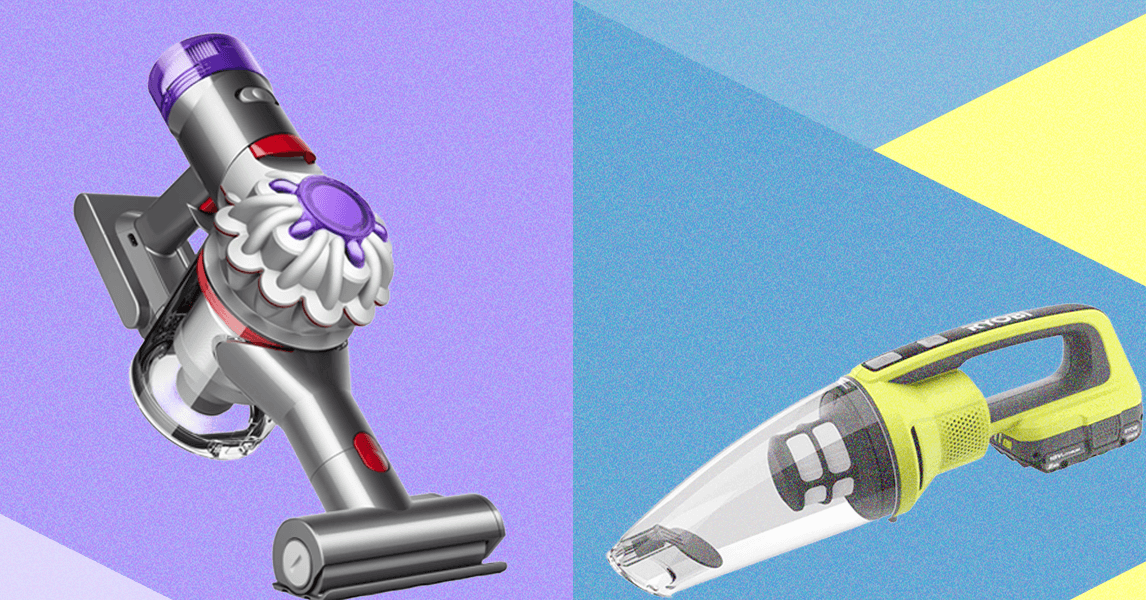
An engine is fully lubricated long before it reaches full operating temperature. When your car sits for an extended period of time, the oil drains down to the bottom of the oil pan. Once you start the engine, the oil pump quickly circulates the oil throughout the motor, lubricating all the necessary moving engine components. A cold engine idles at 1,200 rpm or more, making quick work of the lubrication process. Being mindful to give your engine a chance to lubricate, along with being diligent about routine maintenance, can help most modern engines last 200,000 miles or more.
There used to be a saying about older engines that the worst thing you could do for a motor was to start it, because for a split second those engines were somewhat dry and weren’t well lubricated with oil.
Cars have improved in technology to the point where your engine is fully lubricated within 20 to 30 seconds. By the time you get in, start the car, put on your seat belt, and get comfortable, the engine might not be fully warm. But it’s completely lubricated, and it’s okay to drive at this point.









